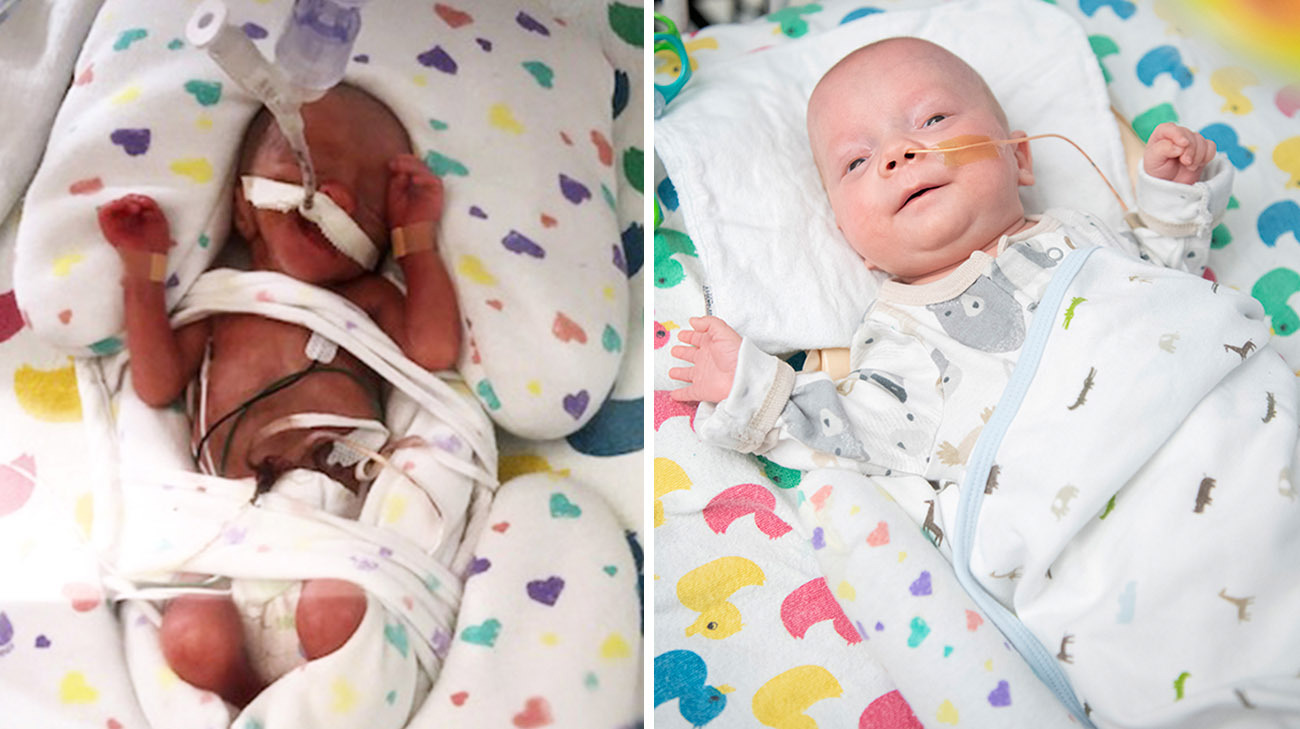
Preemie Babies: A Comprehensive Guide for Parents
Introduction
Premature birth, also known as preterm birth, occurs when a baby is born before 37 weeks of gestation. Preemie babies, as they are often called, face unique challenges and require specialized care. This comprehensive guide provides parents with essential information about preemie babies, including their development, health concerns, and long-term outcomes.
Understanding Premature Birth
Premature birth can be caused by various factors, including:
- Maternal health conditions (e.g., preeclampsia, gestational diabetes)
- Multiple pregnancies
- Placental problems
- Uterine abnormalities
- Premature rupture of membranes (PROM)
- Infections
Types of Preemies
Preemies are classified based on their gestational age at birth:
- Extremely Preterm: Born before 28 weeks of gestation
- Very Preterm: Born between 28 and 32 weeks of gestation
- Moderate Preterm: Born between 32 and 34 weeks of gestation
- Late Preterm: Born between 34 and 37 weeks of gestation
Development of Preemie Babies
Preemie babies have immature organs and systems, which can lead to developmental delays. They may have difficulty breathing, feeding, and maintaining body temperature. Their immune systems are also underdeveloped, making them more susceptible to infections.
Health Concerns
Preemie babies are at risk for a range of health concerns, including:
- Respiratory Distress Syndrome (RDS): A lung condition that can cause breathing difficulties
- Bronchopulmonary Dysplasia (BPD): A chronic lung disease that can develop in premature babies who require prolonged mechanical ventilation
- Intraventricular Hemorrhage (IVH): Bleeding in the brain that can occur in extremely preterm babies
- Necrotizing Enterocolitis (NEC): A serious intestinal condition that can affect premature babies
- Retinopathy of Prematurity (ROP): An eye condition that can lead to vision problems
Care for Preemie Babies
Preemie babies require specialized care in a neonatal intensive care unit (NICU). This care may include:
- Respiratory support: Mechanical ventilation or oxygen therapy
- Nutritional support: Intravenous fluids or tube feeding
- Temperature regulation: Incubators or warmers
- Monitoring: Vital signs, blood tests, and imaging studies
- Medications: Antibiotics, pain relievers, and other medications as needed
Long-Term Outcomes
The long-term outcomes for preemie babies vary depending on their gestational age and the severity of their health concerns. However, most preemies catch up to their peers in terms of physical and cognitive development.
Potential Challenges
Preemie babies may face certain challenges as they grow, including:
- Developmental delays: Speech, language, or motor skills
- Learning disabilities: Difficulty with reading, writing, or math
- Behavioral problems: Attention deficit hyperactivity disorder (ADHD) or autism spectrum disorder
- Chronic health conditions: Asthma, allergies, or heart problems
Support for Parents
Parents of preemie babies often experience a range of emotions, including anxiety, stress, and guilt. It is important for parents to seek support from family, friends, and healthcare professionals. Support groups and online forums can also provide valuable resources and connections.
Conclusion
Preemie babies are a testament to the resilience and strength of human life. With specialized care and support, most preemies thrive and reach their full potential. Parents of preemie babies should be aware of the unique challenges and long-term outcomes associated with premature birth. By understanding these issues and seeking support, parents can help their preemie babies achieve the best possible outcomes.
